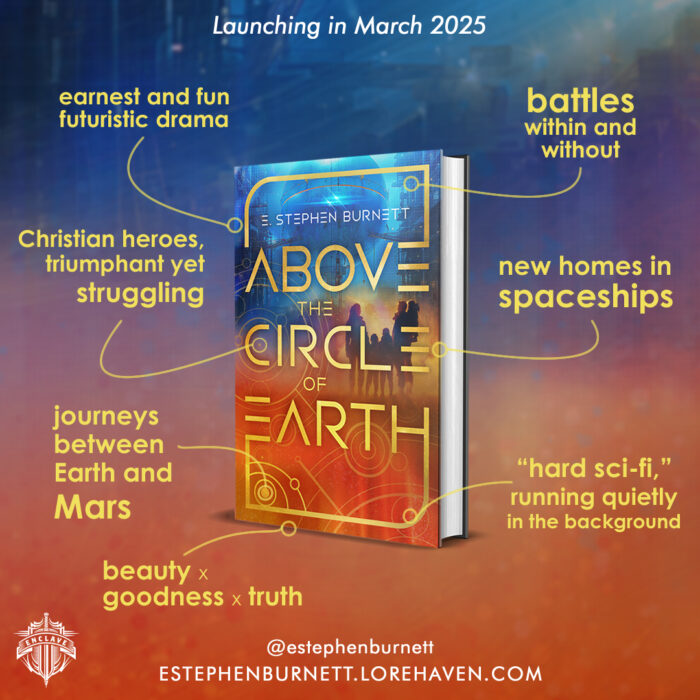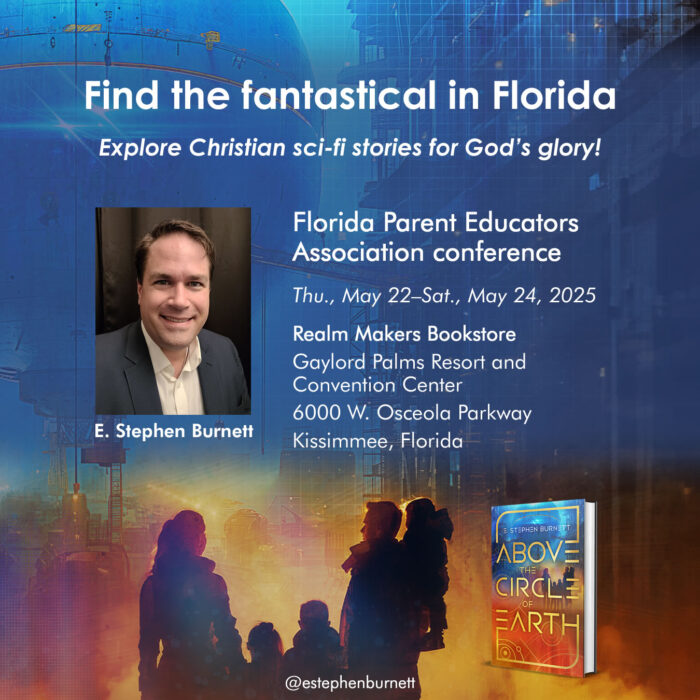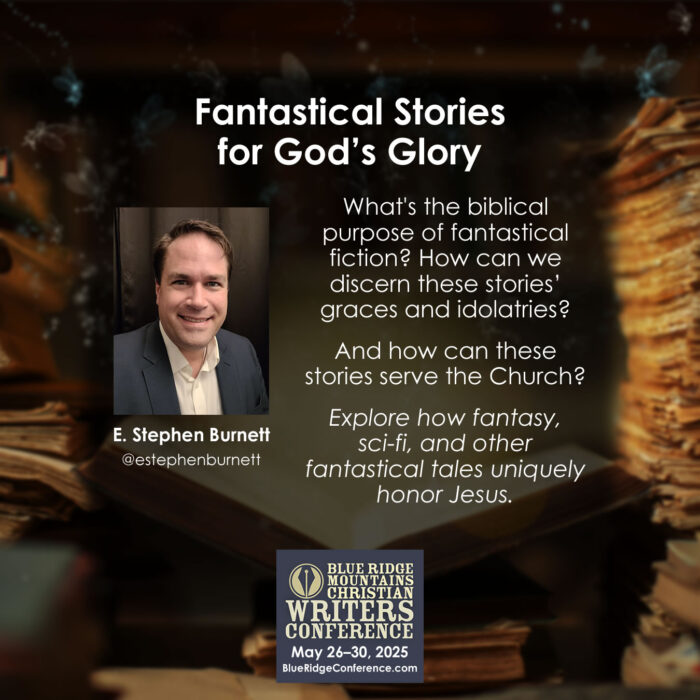Yes, Christian Publishers Already Tried Selling Fantasy, and It Didn’t Work
Radio hosts gotta repeat their call-in number for new fans, and similarly, I need to repeat my answer whenever people re-re-re-re-restate:
Traditional Christian publishers haven’t really tried fantasy! They really should try that sometime. It would Change Everything!
Great idea. It’s just—there’s one problem: It doesn’t work.
But for more of this answer, I really must e-cycle. (And not just because we’re wrapping design tomorrow on Lorehaven magazine’s spring 2019 issue.) This comes from my SpecFaith article “Why Isn’t There More Christian Fantasy?“1
I know a little about The Industry. At least, I have seen some things mainly from the “just short of being actually published in The Industry” side; I’ve been in orbit for a few years.
I’ve done much advocacy for Christian fantastical stories at SpeculativeFaith.com, where a team of fans/writers and I explore fantastical stories for God’s glory. We’ve also put together the Lorehaven Library of every fantastical Christian-written novel we know about, from any publisher. I think that’s helped give me a perspective on what’s available.
Here are a few points I’ve gathered and tend to harp on.
Q. Why isn’t there more Christian fantasy?
Answer 1: There has been, but it failed.
I know many Christian editors and authors who did or do publish fantastical titles, e.g. supernatural/fantasy/sci-fi. And that effort went over like a dead drone. Not because the publishers were not willing. But because the readership did not respond.
Without exception, the Christian fantastical titles I enjoyed in the 90s and 2000s are now out of print at their original publishers. Some, such as Oxygen and the Firebird series, ended up being republished by Marcher Lord Press, now known as Enclave, which is now an imprint of Gilead Publishing.2
Answer 2: There is, but you haven’t heard of it.
Some Christian authors who tried fantasy/sci-fi at larger publishers ended up jumping genres. Or they moved into indie or self-publishing. In some Christian circles, this means even less opportunity for the Ministry platforms a traditional publisher might afford.
Even apart from that, you likely haven’t heard of an author’s self- or indie-published works.
From here it appears that a new author must be able to be a full-time author/marketer to work at making a living from being a full-time author/marketer. Catch-22?
3. There is, but readers aren’t there.
This question is not about the writers/publishers not giving the supply.
It’s about readers and what they demand.
That’s why I overtly push against the “why don’t Christian publishers and writers do X” line. Fact is: Christian publishers and writers have done X, and readers did not respond.
I’ve begun to wonder, among some of the “Christian fantasy” circles I know, whether some writers simply do not know of the many, many writers and publishers who have tried this, and are therefore led to conclude “Well, someone should try it,” e.g. reinventing the wheel.
After I wrote this material, an editor with a Christian publishing house commented:
It’s not that publishers haven’t tried to publish speculative fiction before, but the Christian readers didn’t respond to it. I actually have on my desk a fantasy trilogy that [my publisher] did in 2007; no one bought it and it’s out of print now.
And while Christian publishers definitely should be more willing to take risks, Christian readers (and Christian stores, even in the age of Amazon it’s actually amazing how much they influence what gets published) have often punished those who took risks. That’s why we’re stuck in a never-ending vortex of Amish Romance (and now coloring books).
So here’s the real question we ought to ask:
Q. Why don’t more Christians want more Christian fantastical stories?
Follow the exciting conclusion at the original SpecFaith article, “Why Isn’t There More Christian Fantasy?”
- I’ve edited this article only slightly. This article kicked off an incidental series, Why Christian Fantasy? The series included “Why Do We Need Christian Fantasy?” and “Why We Don’t Need Christian Fantasy.” ↩
- This statement was true at the time I originally wrote it (May 2016). ↩




















Share your thoughts, faithful reader (and stay wholesome!)